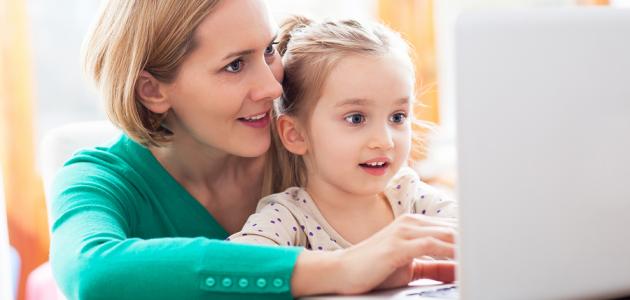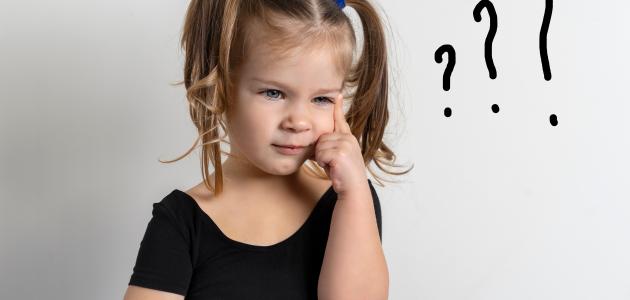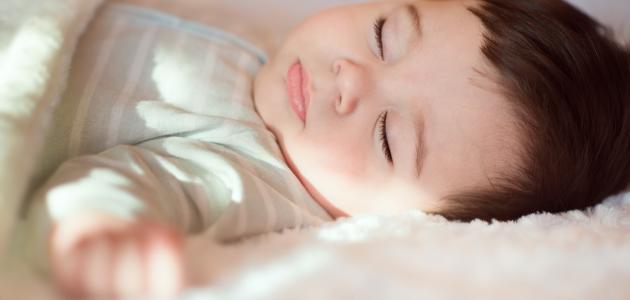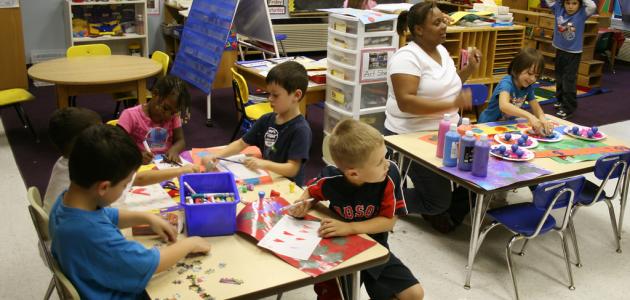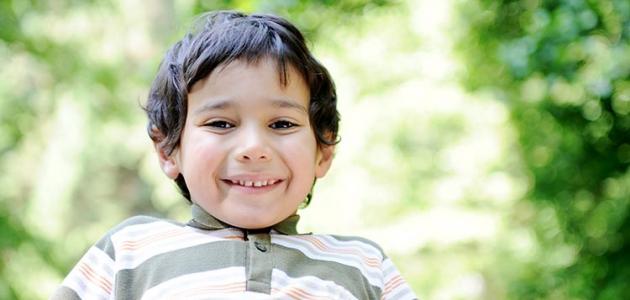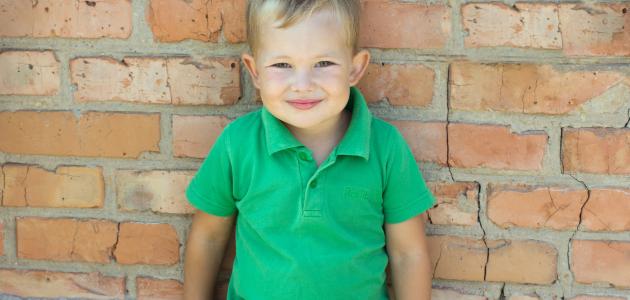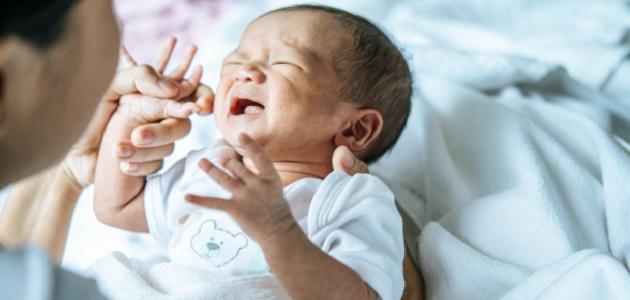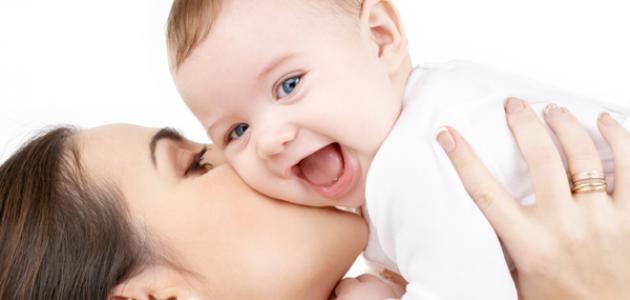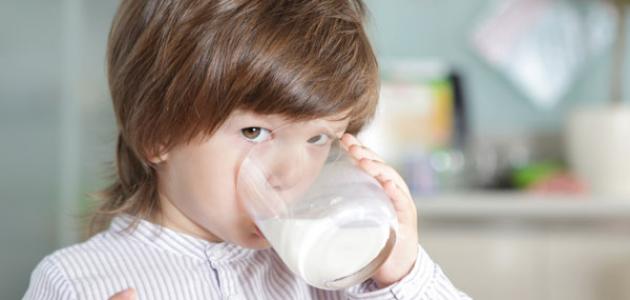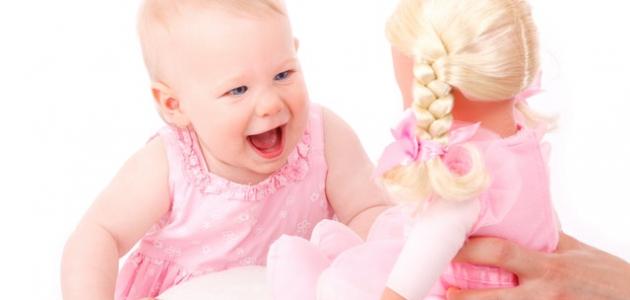Contents
Child protection
Child protection is a set of procedures and frameworks that prevent child abuse, exploitation, and neglect, in addition to violence that affects the psyche of the child, as stated in the United Nations Convention on the Rights of the Child, all human rights conventions, and national laws in force.
International conventions for child protection
- The International Labor Organization (IOL) has been concerned with the issue of child labor, according to Conventions 182 and 138.
- On the twentieth of November 1959, the United Nations General Assembly approved the Declaration of the Rights of the Child when it convened the Convention on the Rights of the Child.
- The United Nations Children's Fund (UNICEF) provides long-term humanitarian and development assistance to children and mothers living in developing countries.
- The United Nations Organization (UNO) states have agreed on the military exploitation of children.
Reasons that led to the claim of child protection
Many of the world's children have been exposed to many serious problems resulting from poverty, violence, humiliation, or work at an early age, as well as the number of children suffering from wounds and deformities resulting from violence, and thus an increase in the number of children from psychological crises, in addition to children Those who decided to flee their homes, which posed a threat to the lives of many of the world's children, while children under the age of eighteen needed special care, so officials agreed in 1989 AD that children need an agreement of their own, which made the organization UNESCO is concerned with the care and protection of children, and opening doors for them to live in order to have a decent life.
The most important rights for child protection
- Children have the right to enjoy all their rights, and to be protected from racial discrimination, whether on the basis of their skin color, parentage, religion, or social status.
- Providing all the factors that allow children to grow properly, whether this growth concerns the mind or the body.
- Provide the basics of the child's right, such as name, nationality, or identity, so that the child can obtain his personal identity card, in addition to his right to participate in the elections.
- Providing all social and health services that the child needs, including housing, food, and clothing.
- Caring for children with special needs, and providing the health care that they need.
- Ensuring the right of children to education, so that it is free and compulsory, but not for all levels.
- Protect children from exposure to exploitation, and provide the protection they need, whether in terms of health or education.
- Raising children to love, affection, brotherhood and tolerance.
- Providing children with love and a sense of security, in addition to providing them with the necessary material support in order to protect them from deprivation. Special care must be provided to children who live in harsh conditions that have caused their loss of their families.
